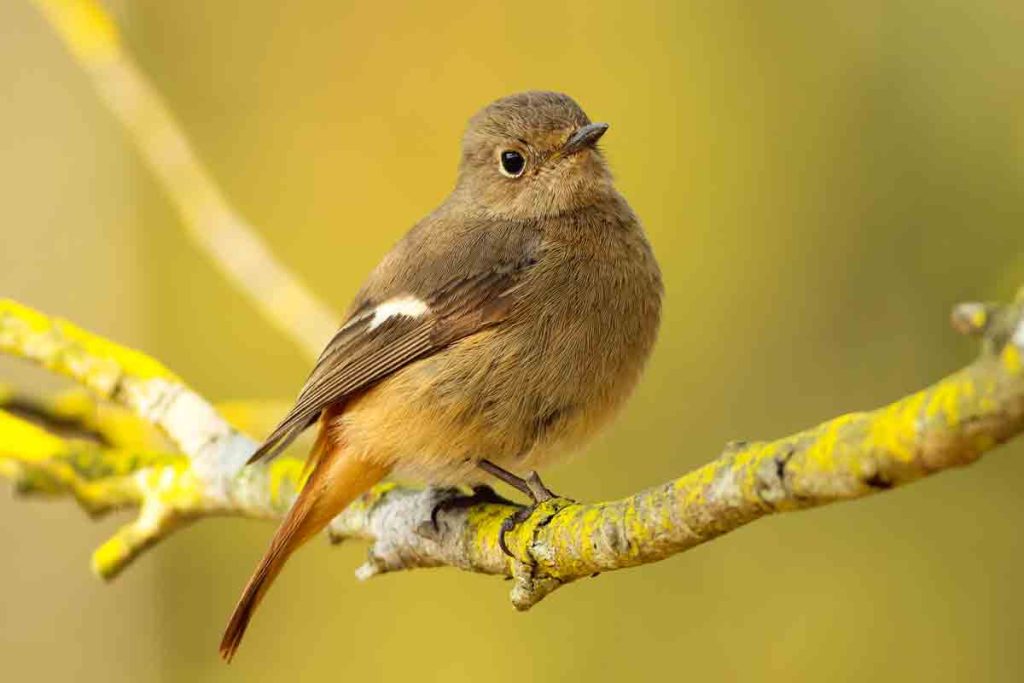The first pet I ever had of my own was a fledgling mockingbird I named Brighty. I found him while I was staying at my grandmother’s in Texas one spring. I rescued him from the dive bombs of blue jays and the prowling of Aunt May’s feral cats. I was out playing bat-and-catch myself—hitting the ball as high into the air as I could hit it, then dropping the bat and running after it.
At some point I must have come too close to his hiding spot in the hedge, for he launched into his full-throated cries, squawking and scolding and flapping his barely feathered wings, his eyes wet and huge. Utterly flightless, he spun in circles in the leaves. He was clearly doomed—ants would find him soon—and I scooped him up and ran back to my grandmother’s to show her my prize, my new playmate.
For the next day and a half we kept him in a large cardboard box, fed him little rolled-up pills of white bread dipped in milk. His cries were still raucous but they were shouted now with confidence rather than fear, and any time he perceived we were near, he set up an even louder racket and began throwing himself at the high walls of his enclosure, leaping and squawling and waiting for the next communion.
He lasted thirty-six hours, and when he died—perhaps simply from not having the warmth of others in his nest, or perhaps from dehydration—it seemed to me that my grief was bottomless. I was aware of my grandmother’s own grief for me—her helplessness to dilute it in any way, even while knowing it was something I needed to pass through—but not even for her sake could I temper mine. If I could bring him back, I would, she said.
We are drawn to animals, and always they soothe our loneliness, they buck us up in what is sometimes a hard and lonely life. What if the superior eye of “another”—able to influence our lives, as we influence the lives of certain animals—gazes out at us with similar yearning, hope for companionship? What if that “other”—powerful enough already—is made even more whole by the responsibility of affection, the responsibility of love?
Perhaps the way we treat and behold the animals—who were once, not so long ago, gods to us, worshipped by us—in the end might speak more to the development of our spirits than we commonly acknowledge. To be compassionate to those we do not have to be compassionate towards, and to those who expect little if any compassion— is this not the same contract we hope exists between us and some further, more powerful force as we labor in life, moving toward and through great mystery?
We squawk and shiver and scold and sputter; we hurl ourselves not only at a physical world, but at the invisible world beyond. We take what sustenance we can, when we can, and then nap, quivering, as if not yet fully formed or feathered, and wait for more.
It would be a shame if there was no hope of anything existing beyond the sound of our cries. Perhaps not all are rescued, but what a terrible thing to think that none are; or that our cries are not even heard, and that compassion is but an illusion, isolate in our own minds, present nowhere else, and in us, short-lived as we are, a waste: that there is never mercy, only loneliness, then silence.
Personally, I don’t think our species could exist that far off the spine of nature, for such a thing—such an isolation, in which our efforts are not noticed by anything or anyone else—to be true only for us and no others. That’s not the way the natural world works. Instead, I think we are creeping toward something, each day. I don’t think we are so far from the animals, though often it feels like far, and whether we worship them, or they worship us now, I think our childhood empathies with them might come from an intuitive and instinctive place of understanding.
I also think our strange mix of fear and attraction to animals says more than we may realize about our general position in the world as we move away from one thing—a time of fearful worship, perhaps—and toward another; though what that earlier thing once was, I cannot quite remember, and what it might yet be, I cannot quite see far enough ahead.
I do know that kindness seems to be a part of the equation or contract between worshiper and worshipee, whether this contract is understood or not, and that with our pets, we are able daily to sharpen and exercise this capacity, which is perhaps even, over the millennia, becoming a calling. Do we exist for them, or do they exist for us?
And of that “other”—might such a question be likewise phrased or considered?
Thank you for subscribing to Tricycle! As a nonprofit, we depend on readers like you to keep Buddhist teachings and practices widely available.
